Why Donald Trump’s pardons may not end here
For the outgoing US President, the pardoning of 15 former allies is primarily a means to right the many wrongs he believes he has suffered.
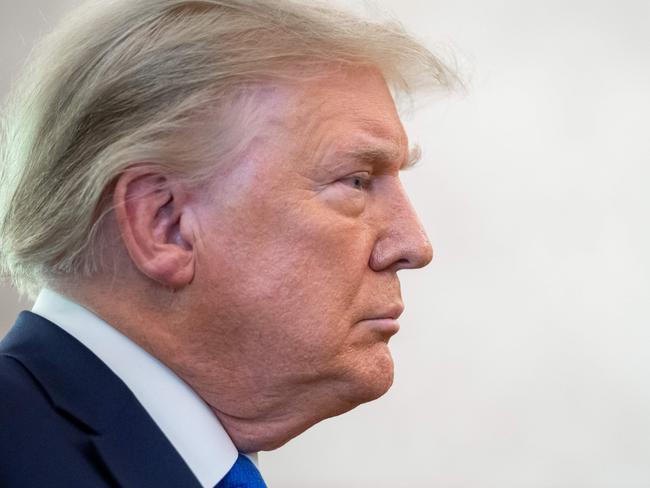
When Gerald Ford pardoned Richard Nixon in 1974, he told America that he had exercised the most unusual of presidential powers as a means of helping the country to move on.
In private, Ford had another justification for the pardon, asserting that it carried an imputation of guilt — and that accepting one amounted to a confession. In his mind, he had convicted Nixon and Nixon had pleaded guilty.
That would be news to President Trump and the 15 people he pardoned yesterday.
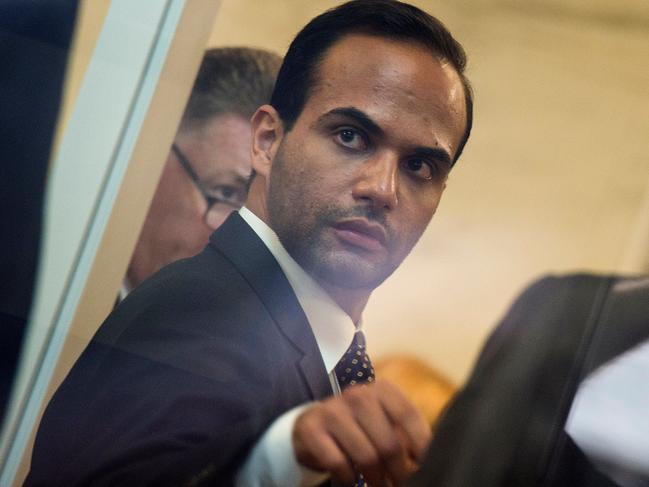
“Thank you, Mr President!” was the gleeful response of George Papadopoulos, the former campaign aide whose conviction for lying to the FBI was expunged.
For Mr Trump the power of pardon has primarily been a means to right the many wrongs he believes he and his allies have suffered. In that respect, if in no other, he is like his predecessors. On his last day in office Bill Clinton pardoned Marc Rich, a big campaign donor who had fled to Switzerland after being indicted on tax evasion and racketeering charges that would have led to a sentence of more than 300 years in prison.
Mr Clinton also pardoned the owners of a Tennessee carnival company convicted of bank fraud after being lobbied by their friend Tony Rodham, Hillary Clinton’s youngest brother.
It is not entirely clear what the founding fathers meant by including the presidential power of pardon in the constitution, but it was probably not this. Alexander Hamilton, 227 years before he became the subject of a hit Broadway musical, wrote in the 74th of his Federalist Papers that “a well-timed offer of a pardon to the insurgents or rebels may restore the tranquillity of the commonwealth”.
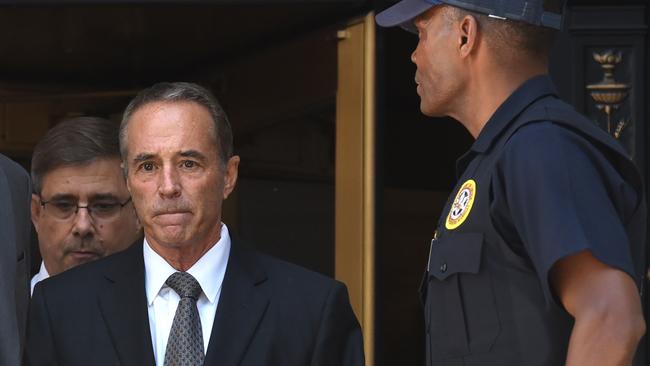
However, Mr Trump’s latest 15 pardons threaten to inflame, not soothe, America’s polarisation. Weeks after pardoning Michael Flynn, his short-lived national security adviser who pleaded guilty to lying to the FBI about his links to Russia, the president came back for more “Russiagate” figures. Of the three congressmen, two were early supporters. As far as the Blackwater military contractors go, Mr Trump had previously mused that when soldiers fight “sometimes they get really treated very unfairly”.
— THE TIMES

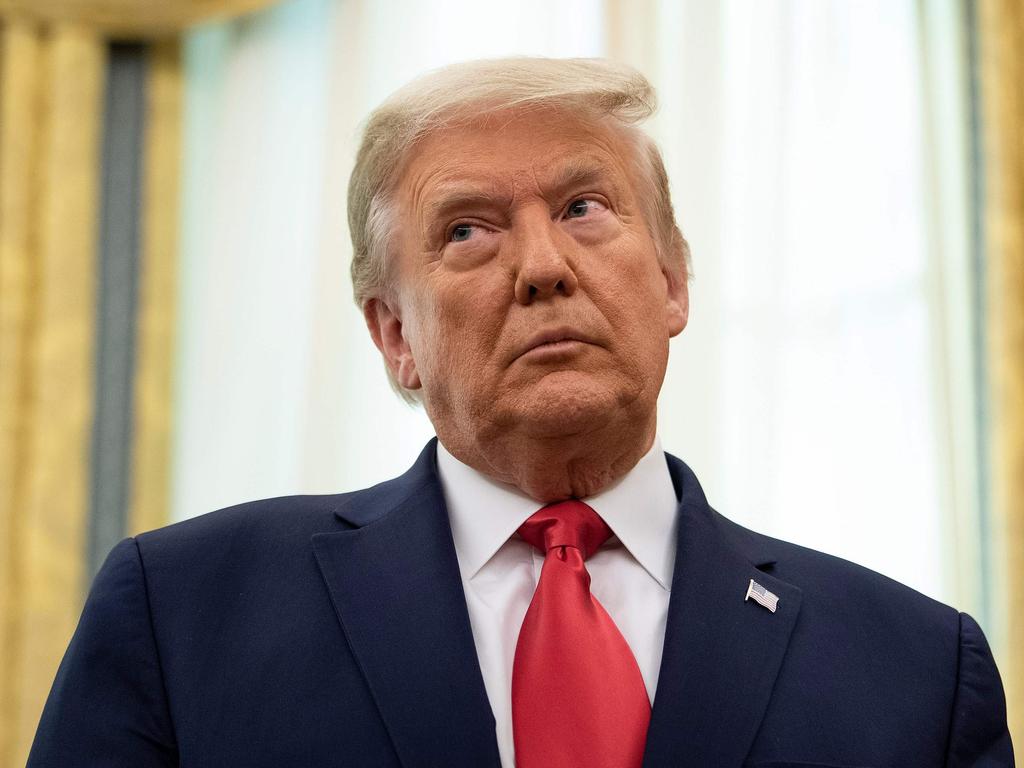

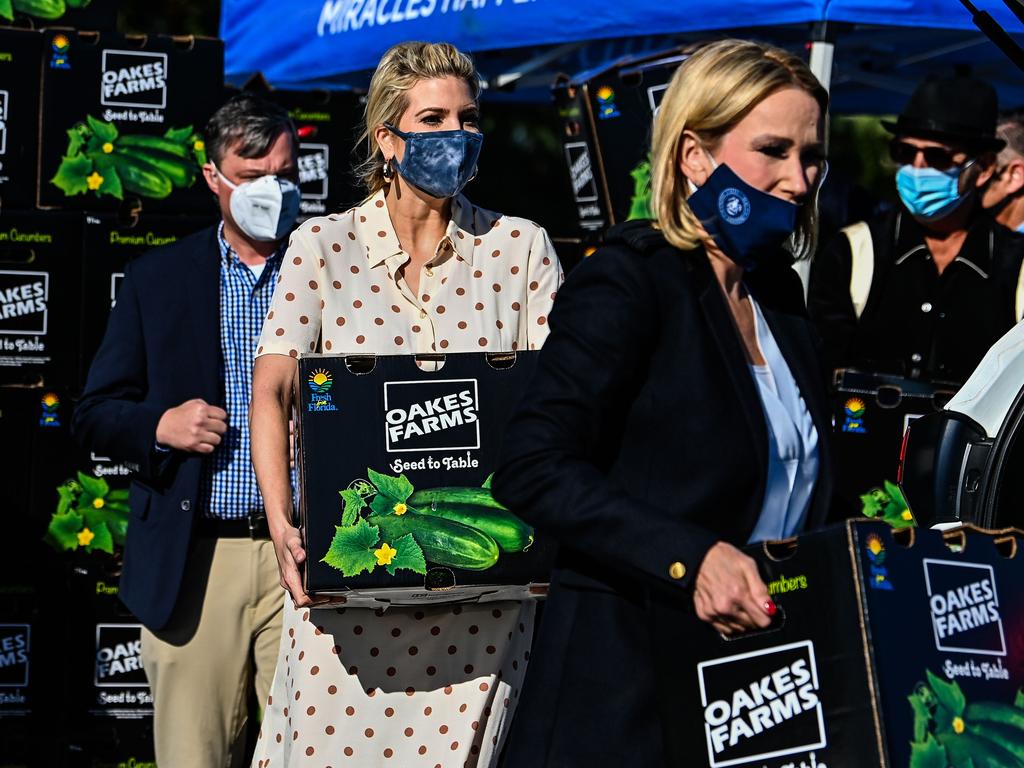
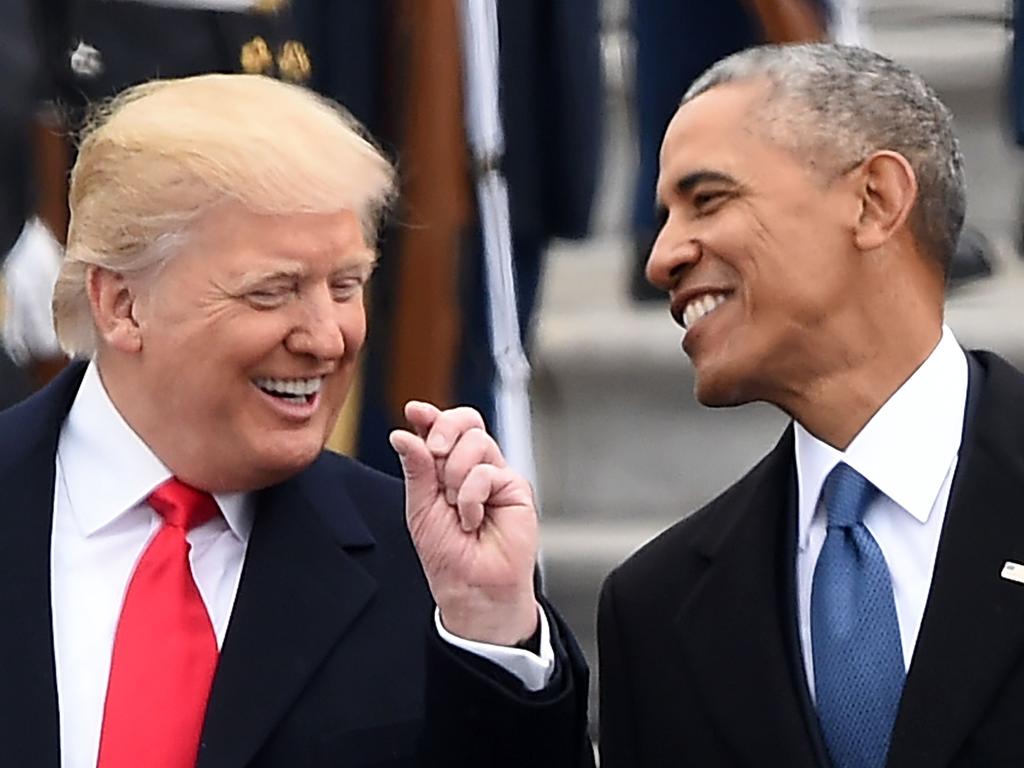
To join the conversation, please log in. Don't have an account? Register
Join the conversation, you are commenting as Logout